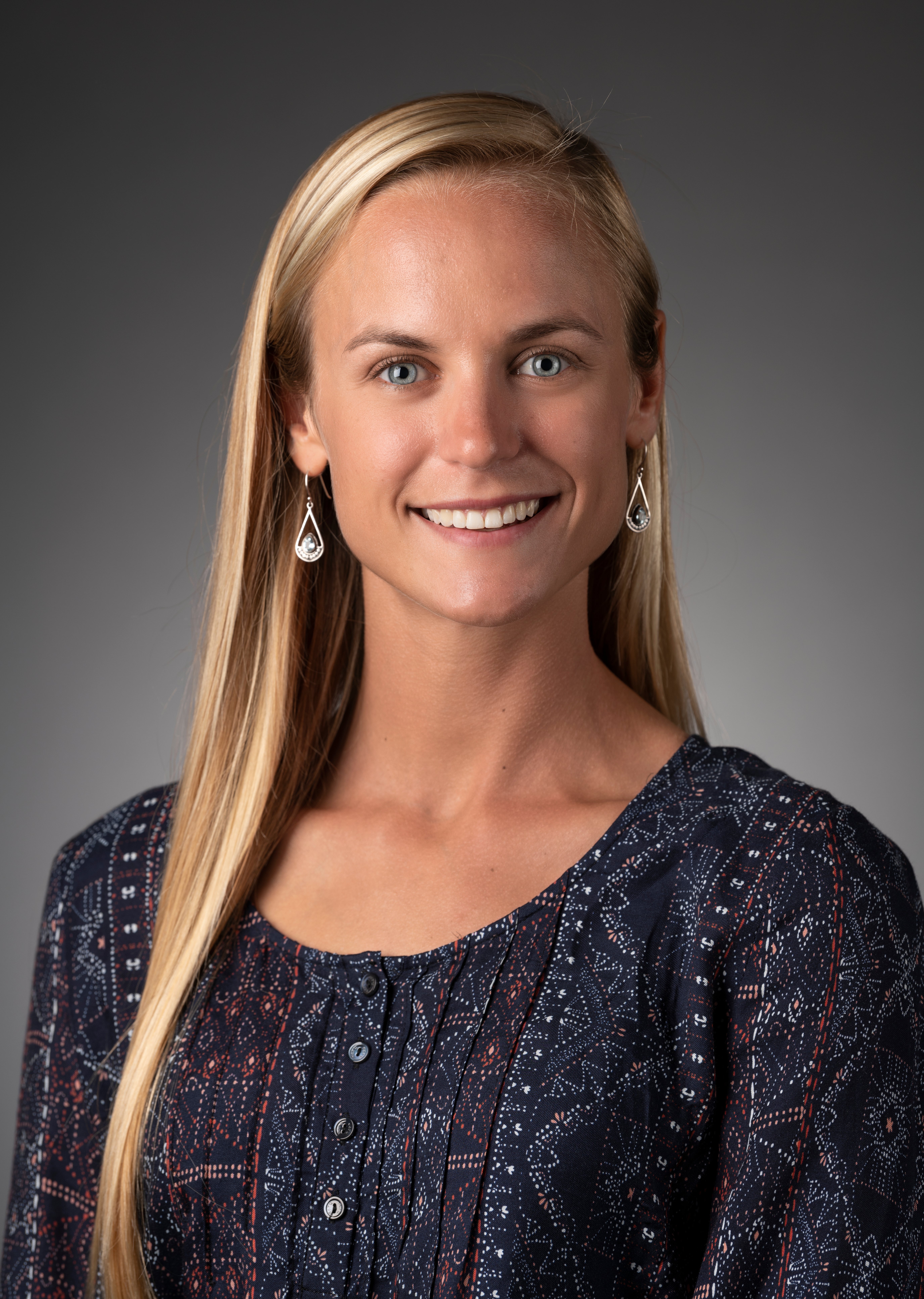Conservation in Context: How Ecosystem Resilience, Habitat Structure, and Recovery Potential Shape Marine Protected Area Management and Performance

PHD DISSERTATION DEFENSE
Advisor: Steve Gaines
Committee: Bruce Kendall, Jenn Caselle, Darcy Bradley
This defense will be presented in person. Join us in the MSI Auditorium or watch online using this link and passcode marine
ABSTRACT
Marine protected areas (MPAs) are prominent ecosystem-based management tools used to achieve a range of objectives, from protecting biodiversity and rebuilding marine populations to promoting climate resilience. Evaluating their effectiveness at meeting these goals remains challenging, particularly given the diverse ecological, social, and political contexts in which they are implemented. In this dissertation, I draw on foundational ecological principles – ecosystem resilience, habitat structure, and recovery potential – to understand the context that shapes variation in MPA design, management, and performance at global and local scales. Across three chapters, I develop and apply novel frameworks to reconsider common assumptions and uncover overlooked drivers of conservation outcomes. I apply ecological theory to explain when, where, and how marine protected areas contribute to conservation goals. By centering ecological and management conditions in the analysis of conservation outcomes, my research supports more context-aware and decision-relevant approaches to marine conservation.
BIO
Cori is an applied marine ecologist who uses field experiments, monitoring studies, and quantitative synthesis to evaluate and inform conservation and management. She integrates basic theory with large datasets to answer actionable questions related to fish habitat, fish communities, and fishery dynamics. At Bren, Cori collaborated with Conservation International, NCEAS, California Department of Fish & Wildlife, and the CA Ocean Protection Council to better understand the theoretical and practical pathways for marine protected areas to succeed as conservation interventions. She led analyses for the 10-year evaluation of California’s Marine Protected Area Network, translating scientific insights into tools that support policy and management. Cori is passionate about mentoring students and making science accessible – she spent two years shaping the Bren Environmental Leadership Program to build more inclusive pathways into environmental research. She earned a B.S. in Biology from the University of North Carolina at Chapel Hill, and will return to North Carolina this summer as a postdoctoral researcher at Duke University.